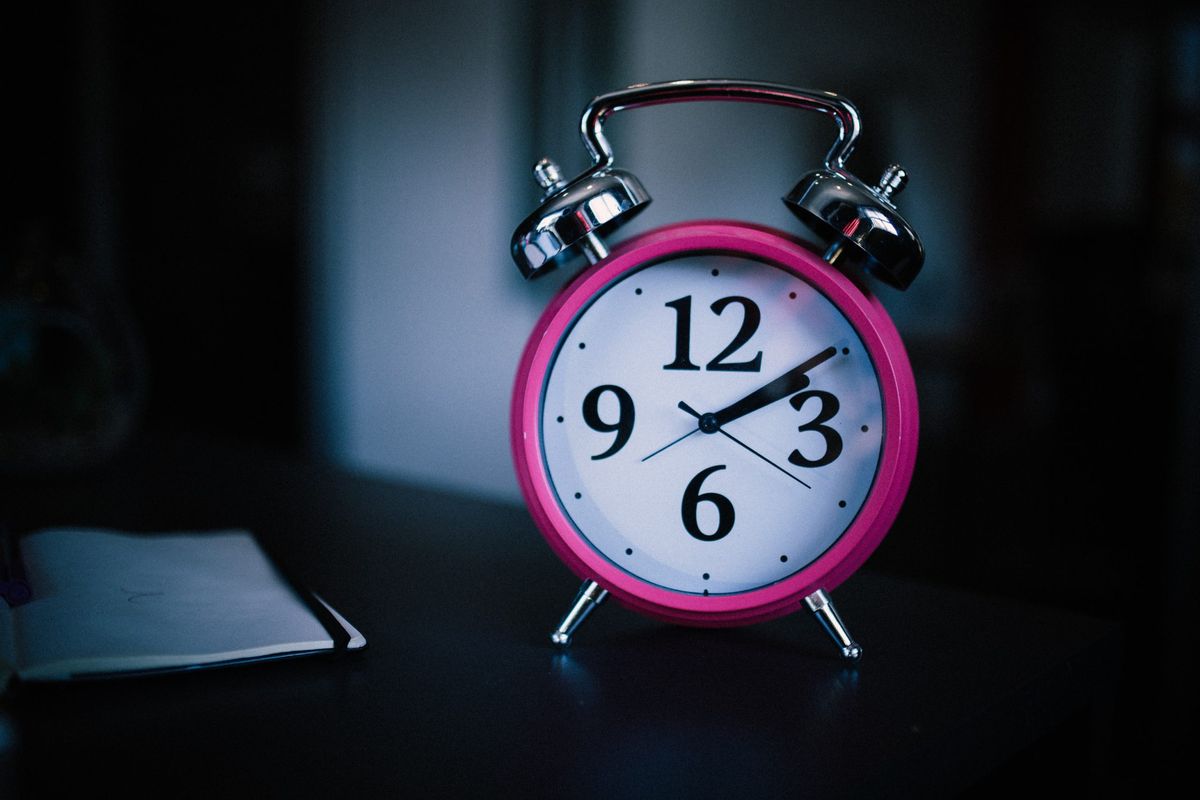Not all sleeping is healthy sleep. Here Are 8 Ways to Sleep More Soundly

Theoretically, falling asleep should be simple. You recline, shut your eyes, and maintain this position until you fall asleep. Simple, yes?
Sadly, practically everyone is aware that is untrue. Sleep might be difficult to come by, whether it’s because you drank your coffee too late or you simply can’t get your thoughts to stop racing. In actuality, almost 70 million Americans struggle to obtain a good night’s sleep. Poor sleep efficiency, which measures the quality of rest you get from the time you go to bed to the time you get up, or poor sleep latency, which measures how long it takes you to fall asleep, can both contribute to a variety of health issues, including high blood pressure, fatigue, depression, and a weakened immune system.
Thankfully, you don’t have to go to bed without any money. You may position yourself for success when you turn out the lights by following these eight sleep-related strategies.
Eight suggestions for making the most of your sleep
Most are, you’ve heard some of these sleep suggestions before. Nevertheless, even well-known suggestions are included since research (and personal experience) demonstrate that they are effective.
- Have a consistent bedtime
Your body naturally goes through a sleep-wake cycle. It is activated by cues like light or the time of day and is believed to control your sleep and wake hours. Sync up with your circadian rhythm.
This is a fantastic option for improved sleep if you have trouble falling asleep. The catch is that you need to settle into a rhythm in order for your circadian rhythm to function. Consequently, you must go to bed and rise at the same time each day (yes, even on weekends).
- Take fewer naps.
Similarly, taking naps—especially long ones—can disrupt your body’s natural sleep cycles.
Aim for a snooze that lasts between 10 and 20 minutes, according to experts. This not only lessens the amount of grogginess you’ll experience when you wake up, but it also keeps you from feeling overly rested when you lay your head down for the night.
- Put these PJs on before bed.
Sweating or experiencing tightness won’t make your night more enjoyable. When choosing pyjamas, use a loose, airy fabric (hint: cotton wins here). If you’re game, science suggests skipping the garments entirely if you don’t perspire while you sleep.
- Examine natural cures
Still having trouble falling asleep? Or do you frequently wake up in the middle of the night? Natural therapies, such as CBD oil or herbal tea, can be used to treat insomnia without causing the daily drowsiness and dependence that can result from many sleep drugs.
You should have no trouble getting the rest you require and merit if you follow these eight sleep-related suggestions. But if you’re still having trouble, consult your physician. It’s important to get enough sleep, therefore it’s worth the effort to figure it out.
- Turn on air conditioning
Cooler is preferable for sleeping. Numerous research advise including thermostat modification in your toolbox of sleeping advice.
The ideal temperature for your room is between 60 and 67 degrees Fahrenheit. Invest in blackout curtains and keep them closed during daytime hours if your bedroom feels warm throughout the day.
- Avoid using your phone right before sleeping.
If you are having trouble falling asleep, blue light can be the cause. Blue light is produced by electronic devices like your phone and television. The generation of melatonin in your body is suppressed by this blue light. The hormone that gets you ready for bed is melatonin. Darkness causes your body to manufacture it.
Avoid using gadgets at least an hour before bed so that your body has time to produce melatonin, which helps you sleep better.
- Watch what you eat and drink before bed.
There are outside-the-bedroom sleep recommendations. Your chances of getting a decent night’s sleep might be helped or hindered by what you eat and drink during the day. At least a couple hours before going to bed, stop eating. Additionally, stay away from caffeine six hours before bed if you have difficulties falling asleep.
- Ensure you have the appropriate pillow.
It is simpler to fall asleep the more at ease you are. That justifies the purchase of a high-quality pillow. Your neck and energy levels will appreciate it.
This article’s information is not meant to be taken as health or medical advice; rather, it is meant for educational and informational reasons only. If you have any concerns about a health objective or a medical issue, always seek the advice of a doctor or other trained health expert.


